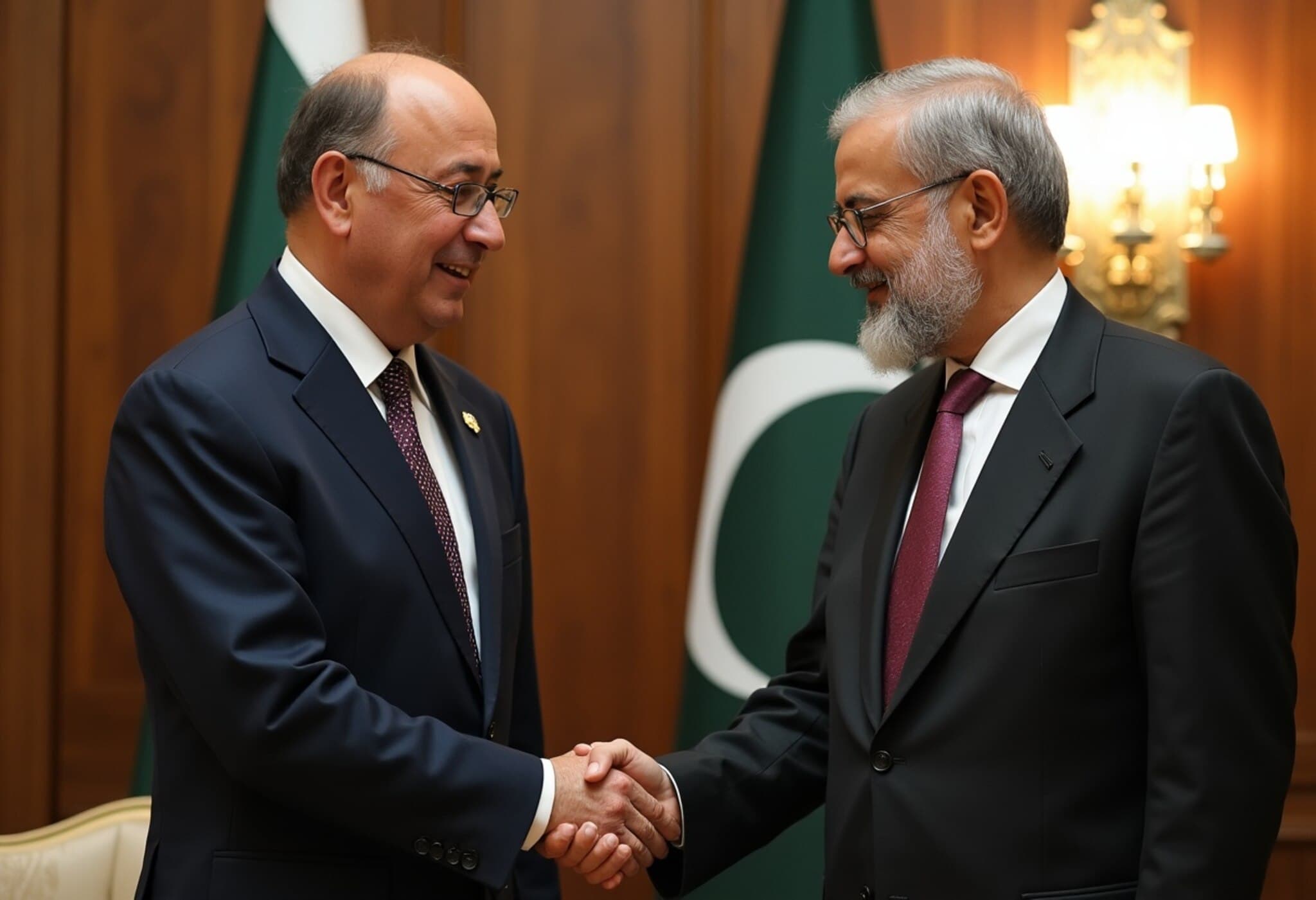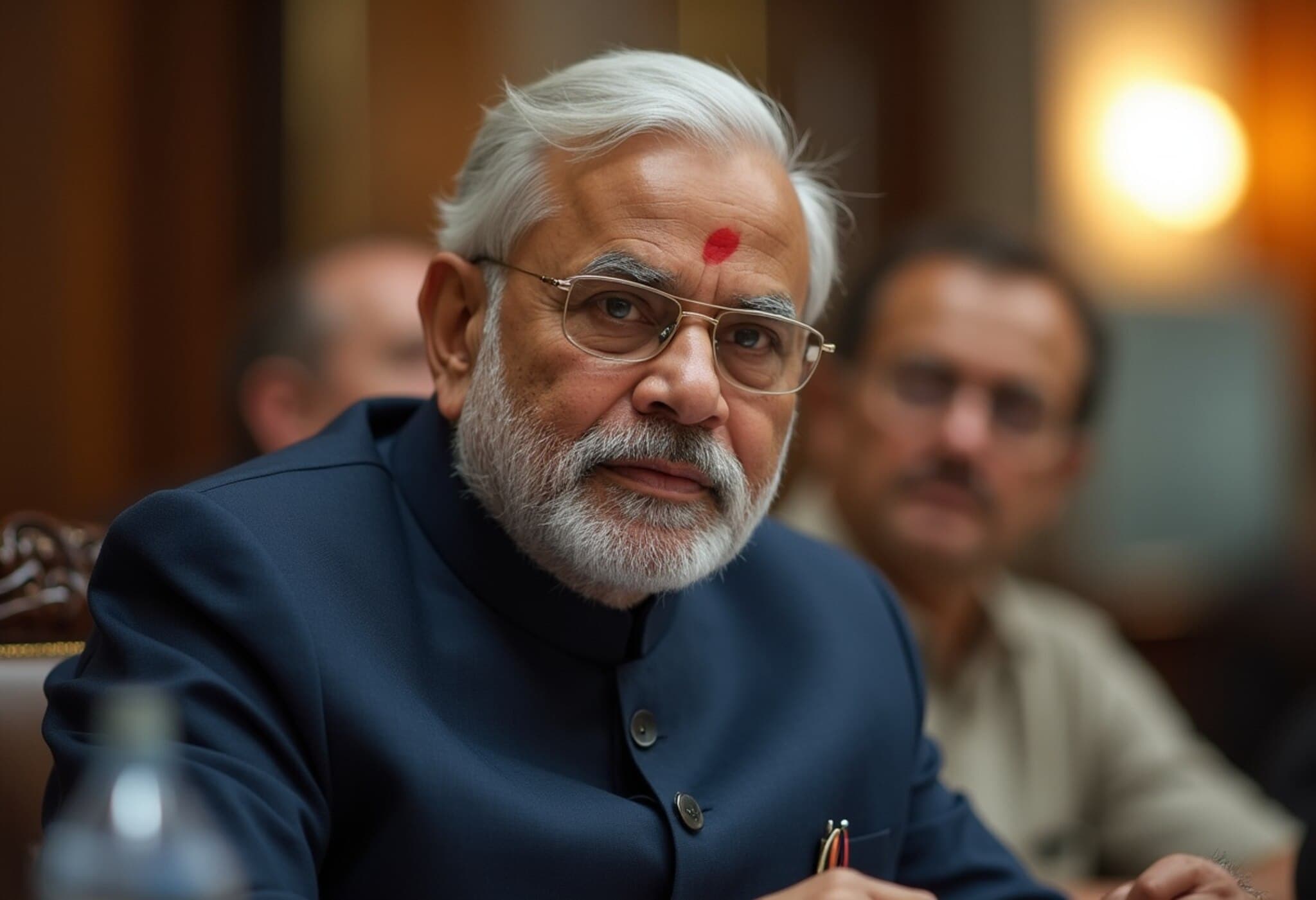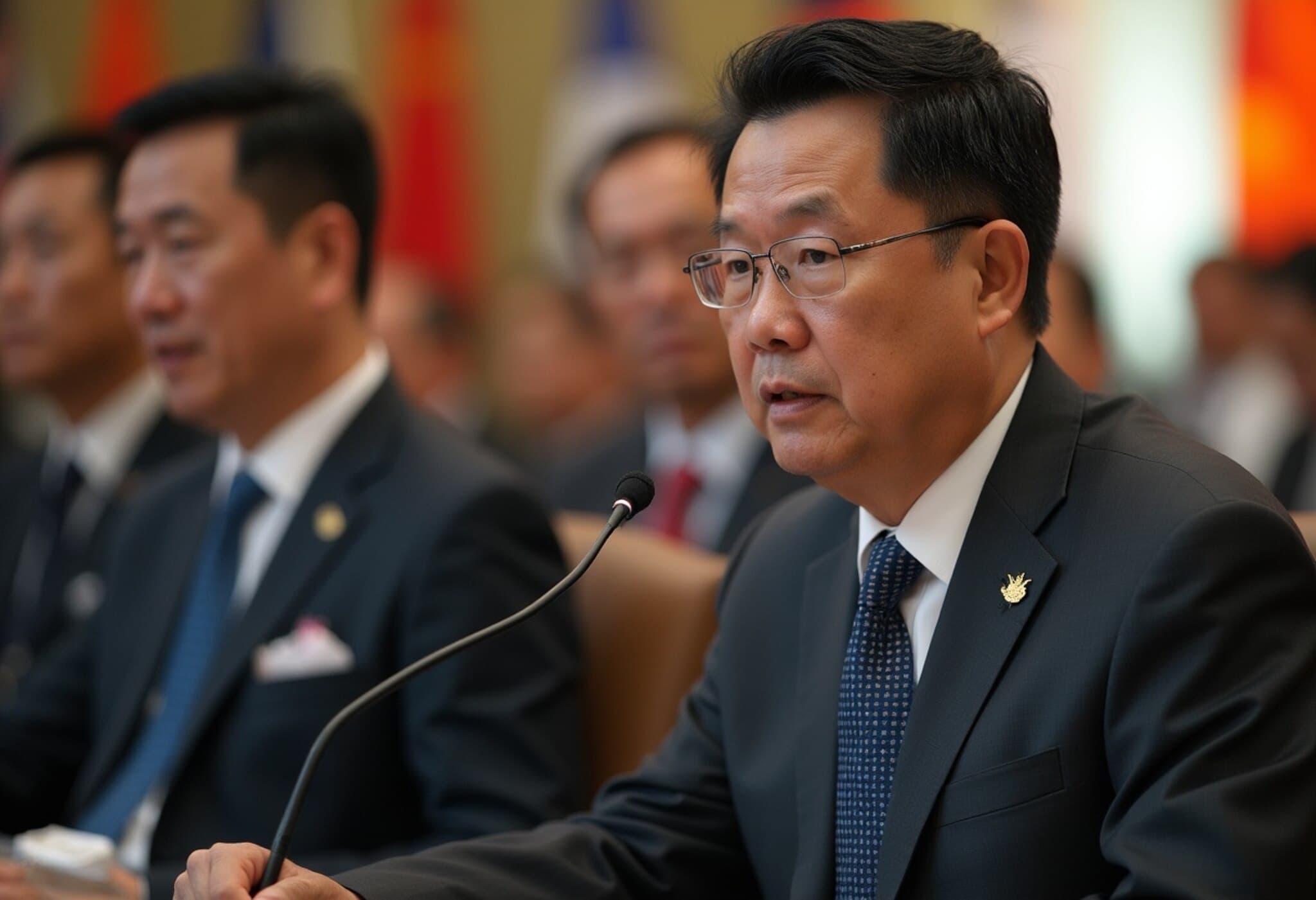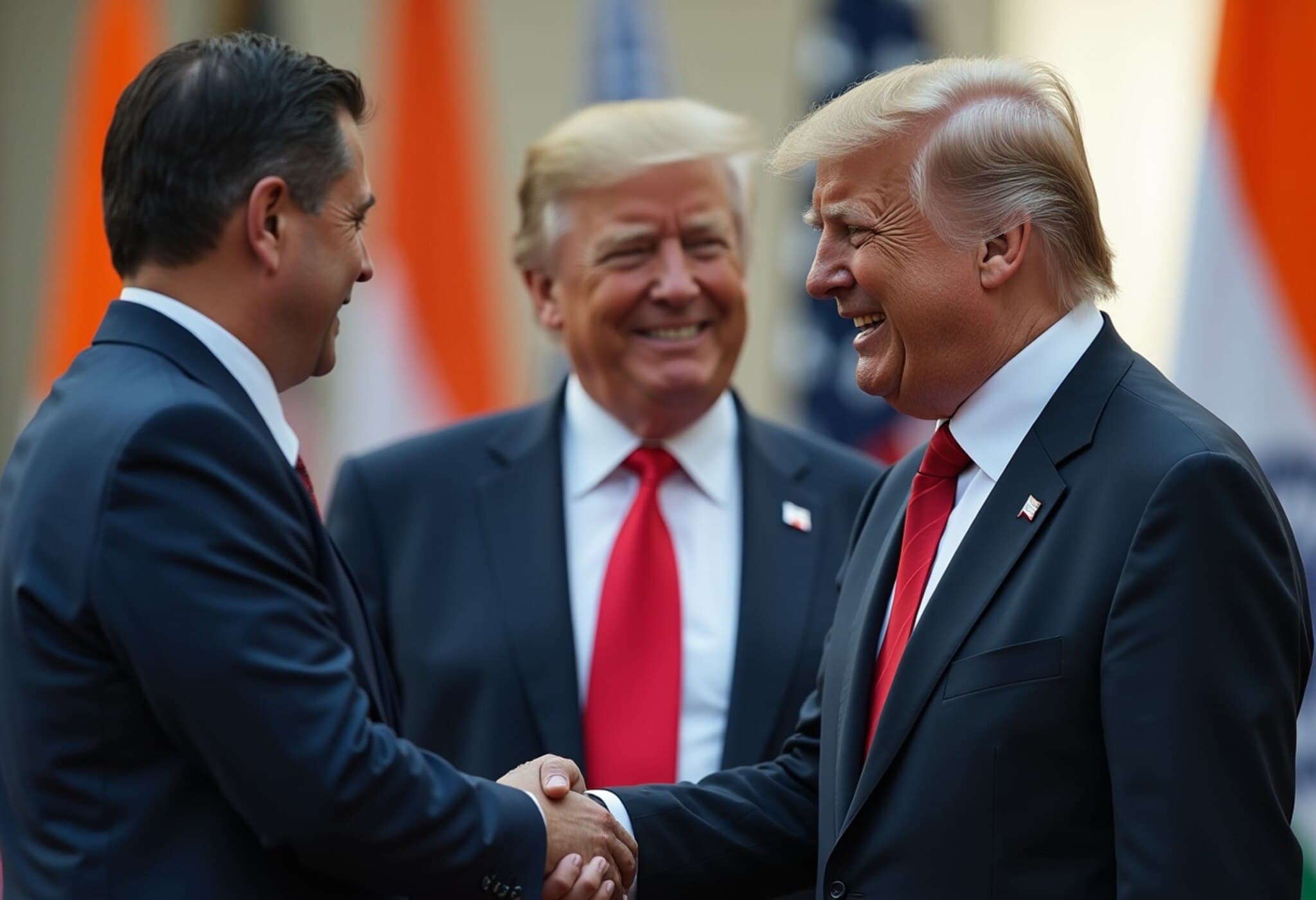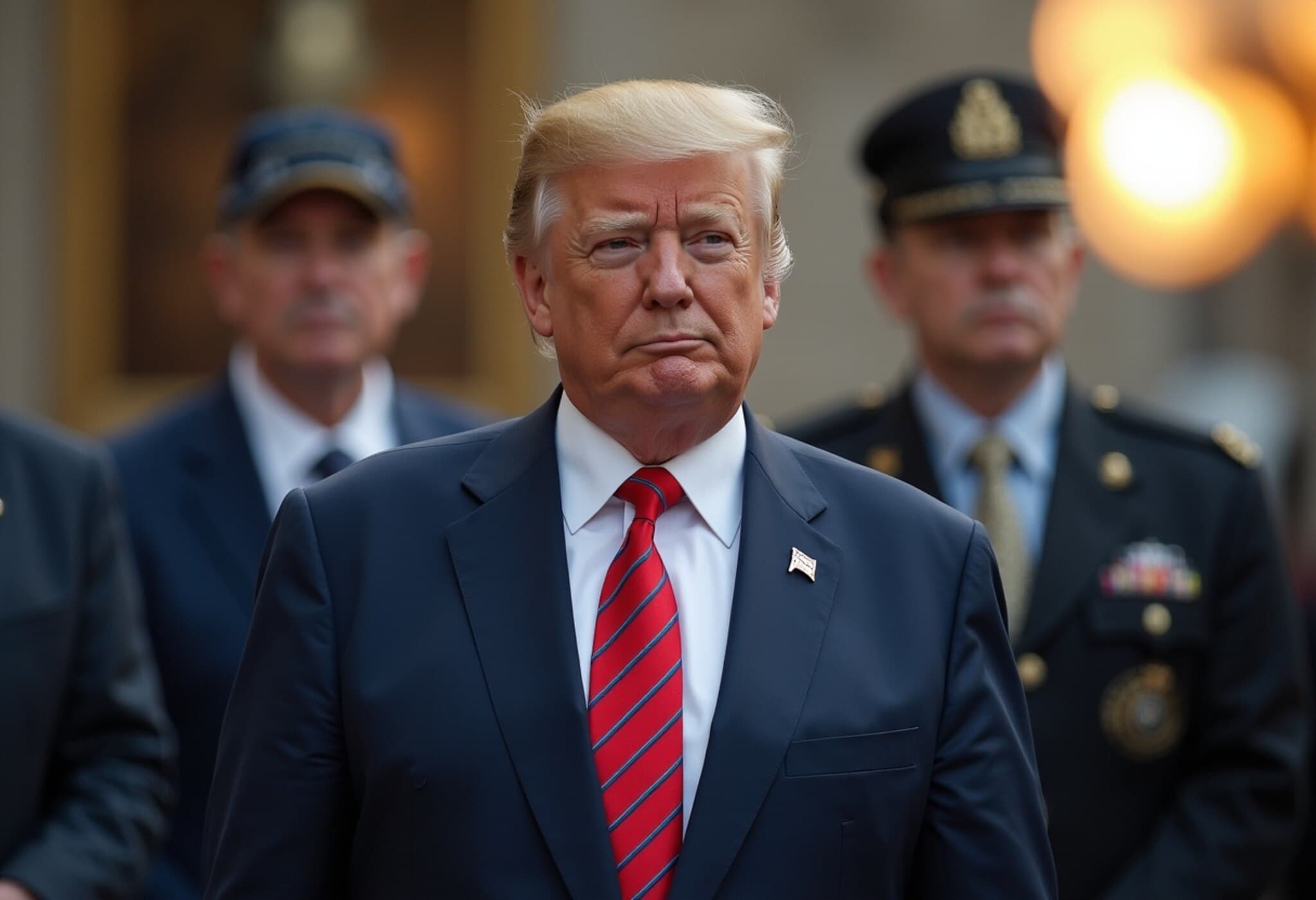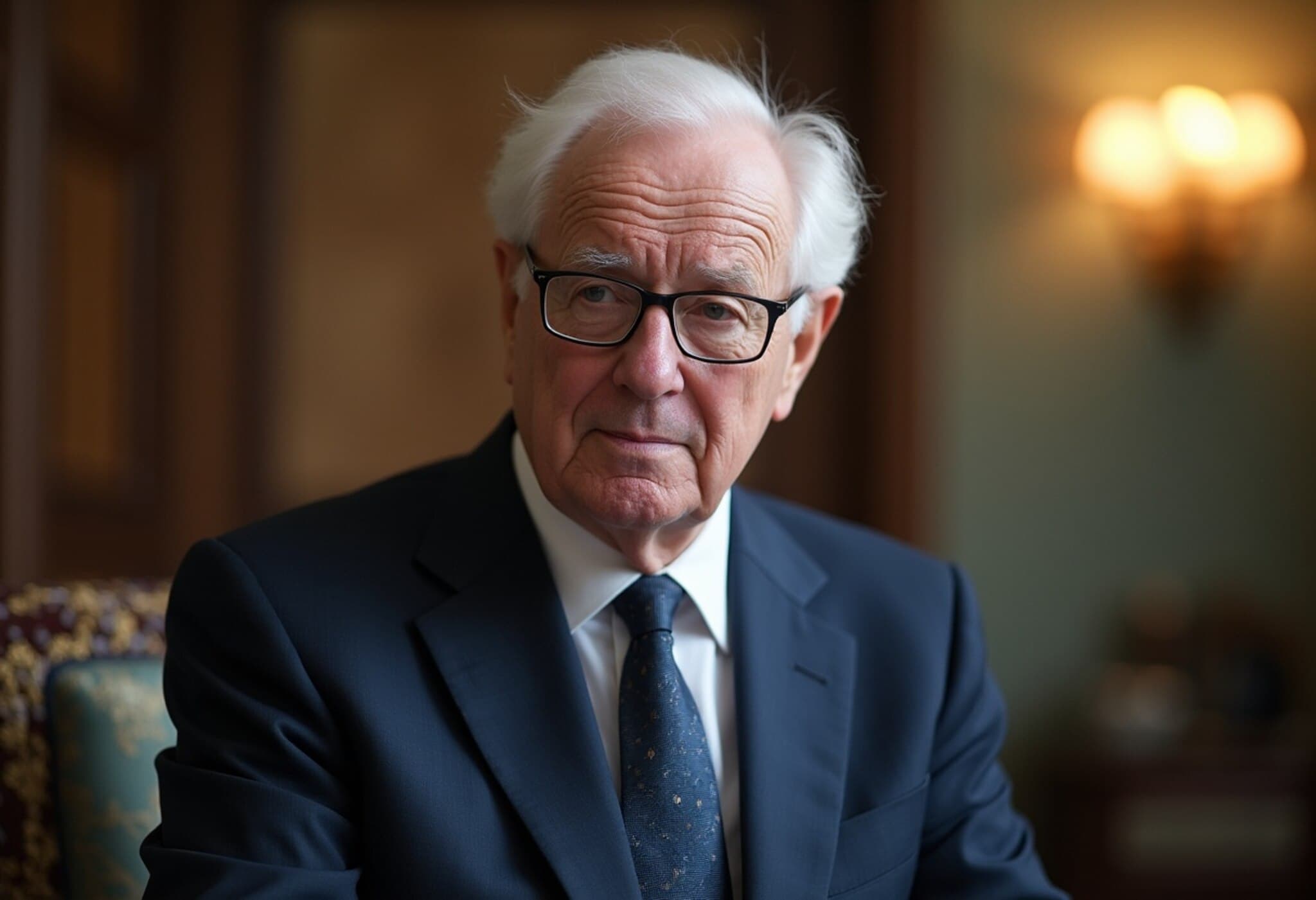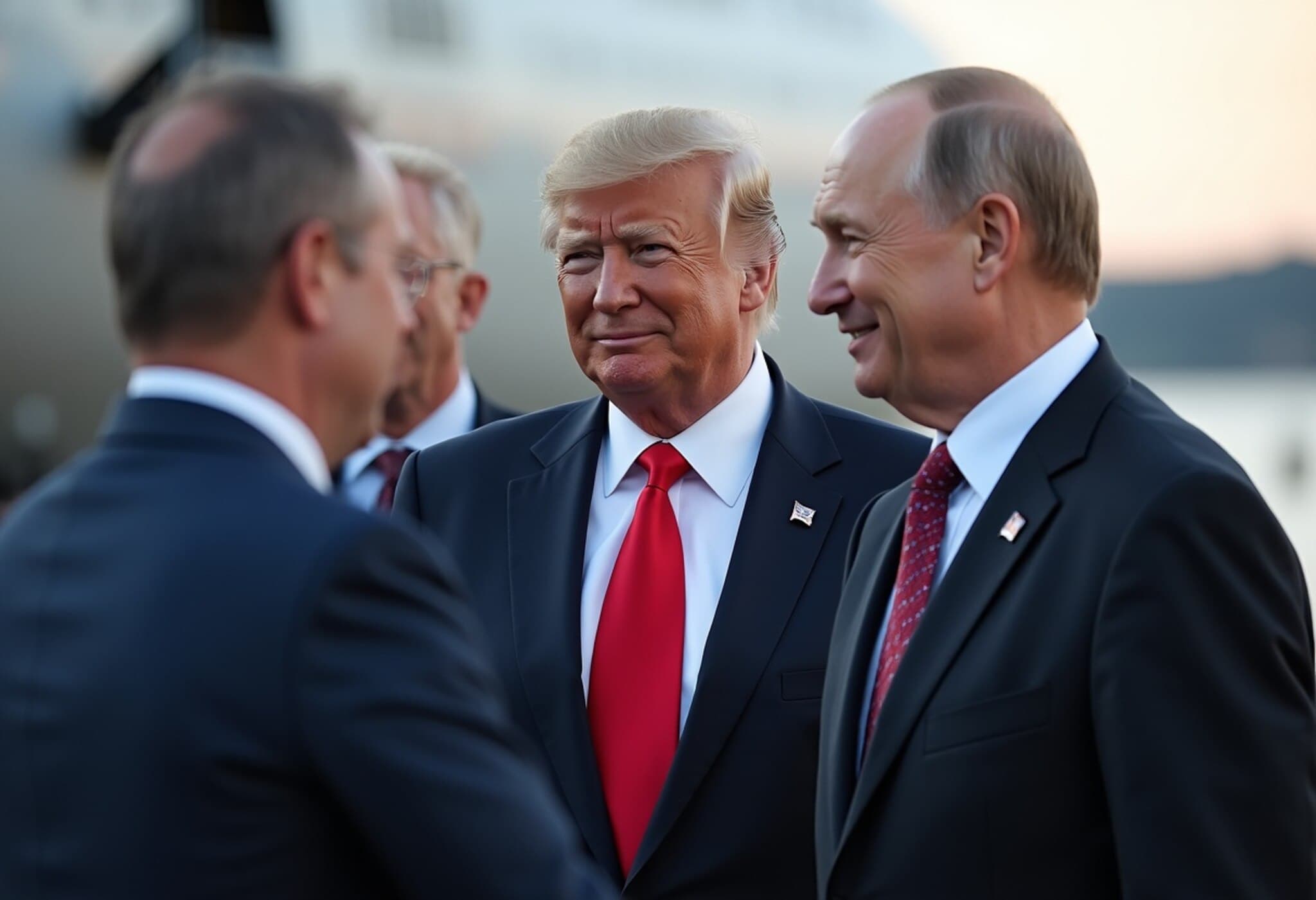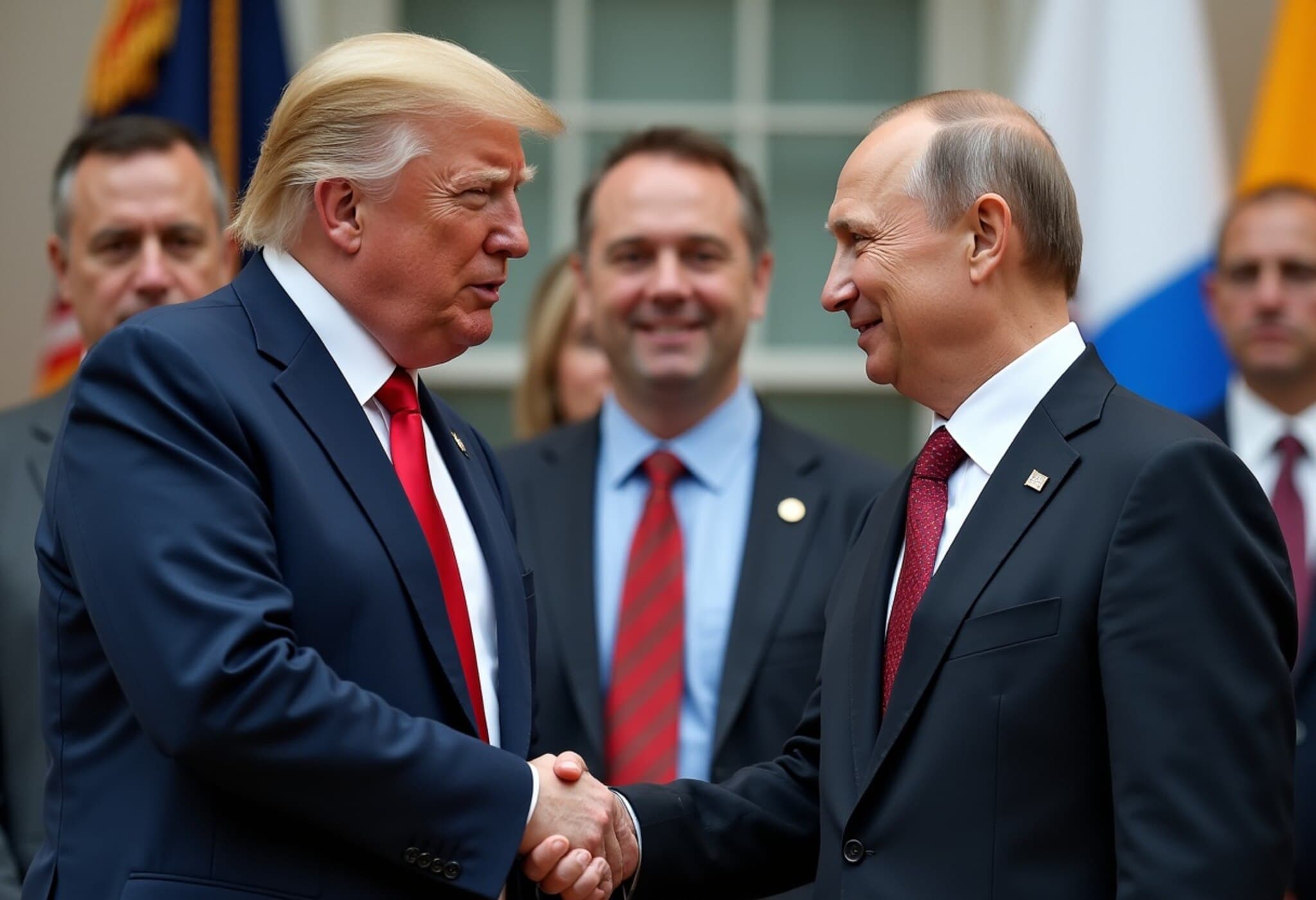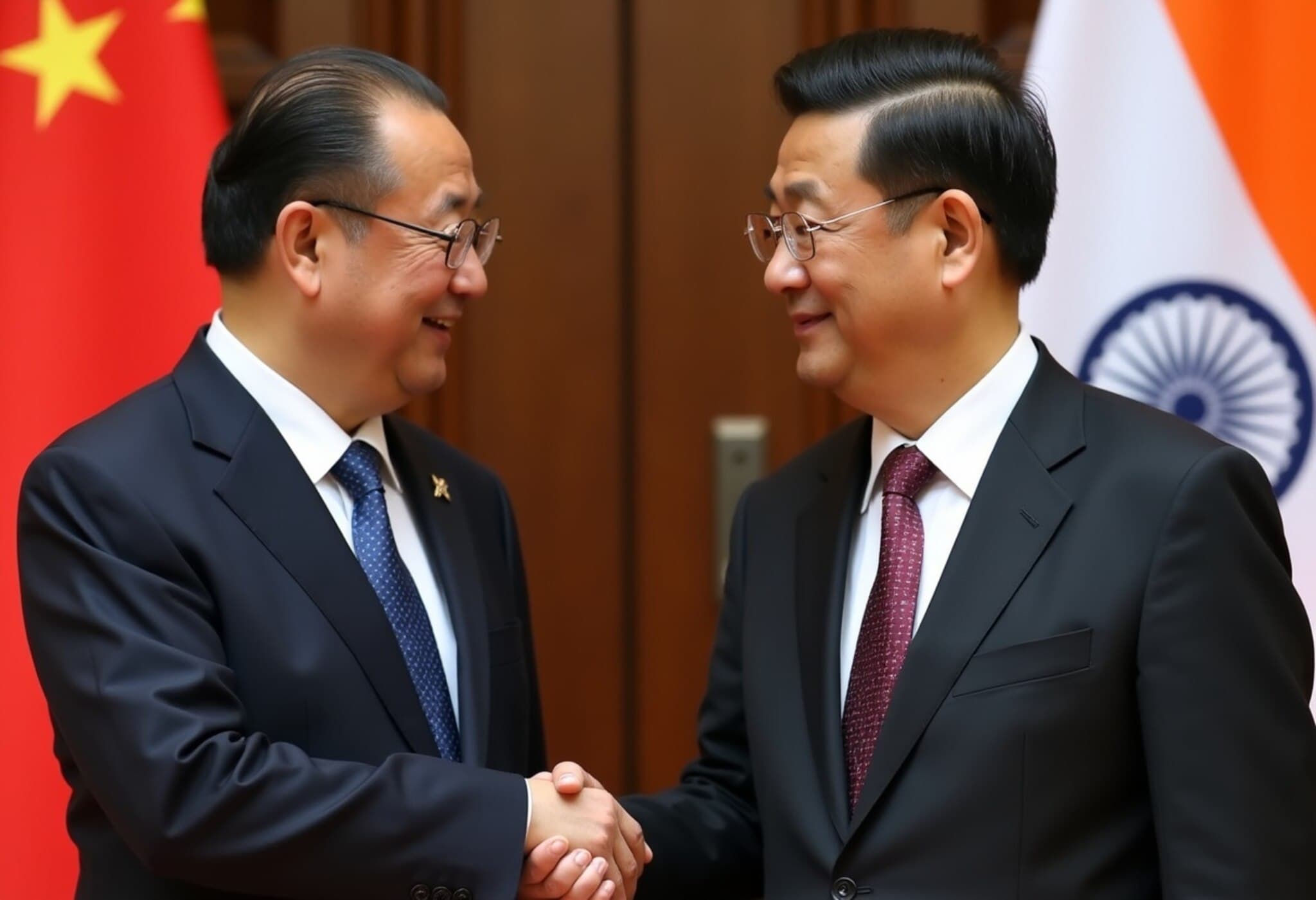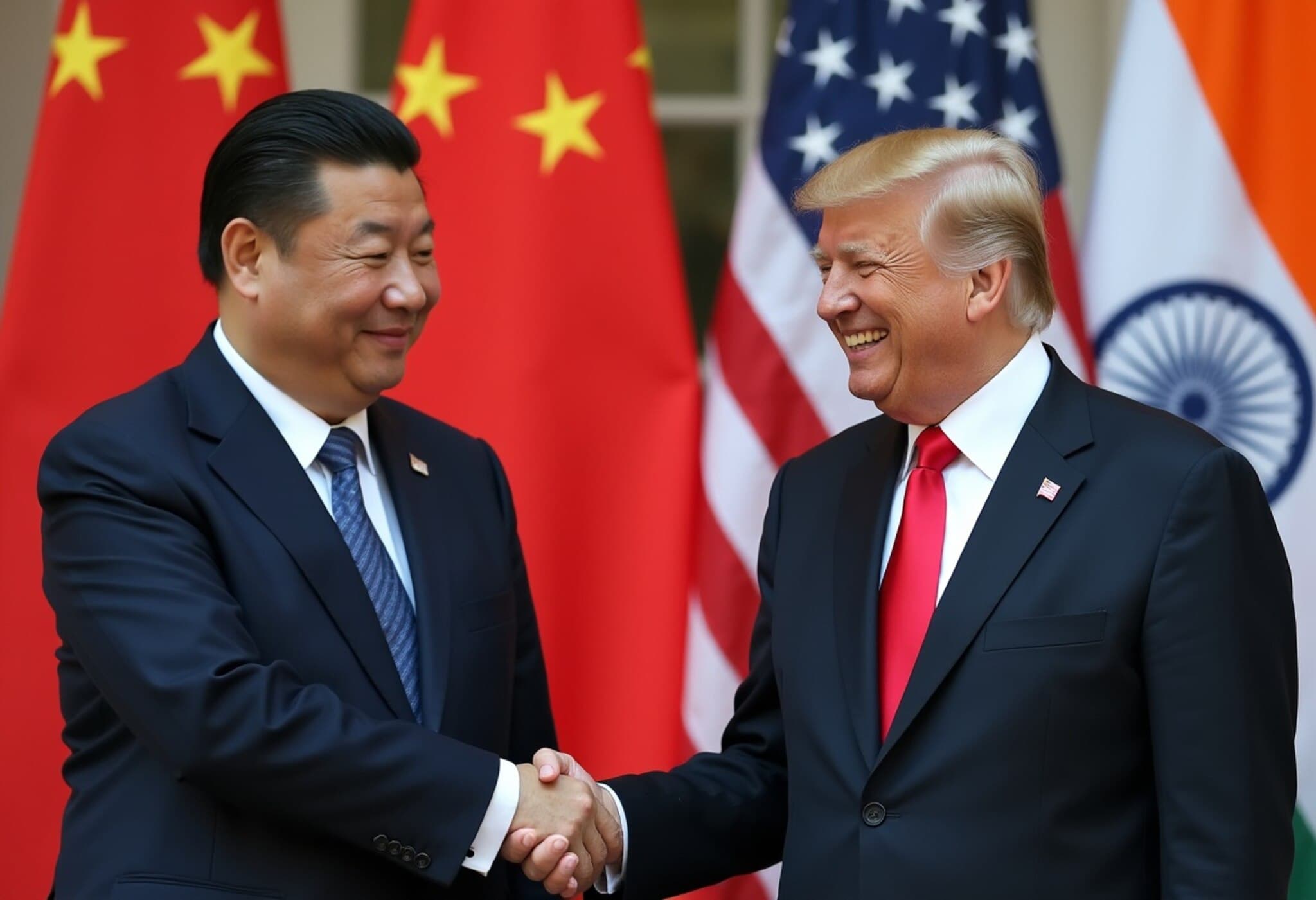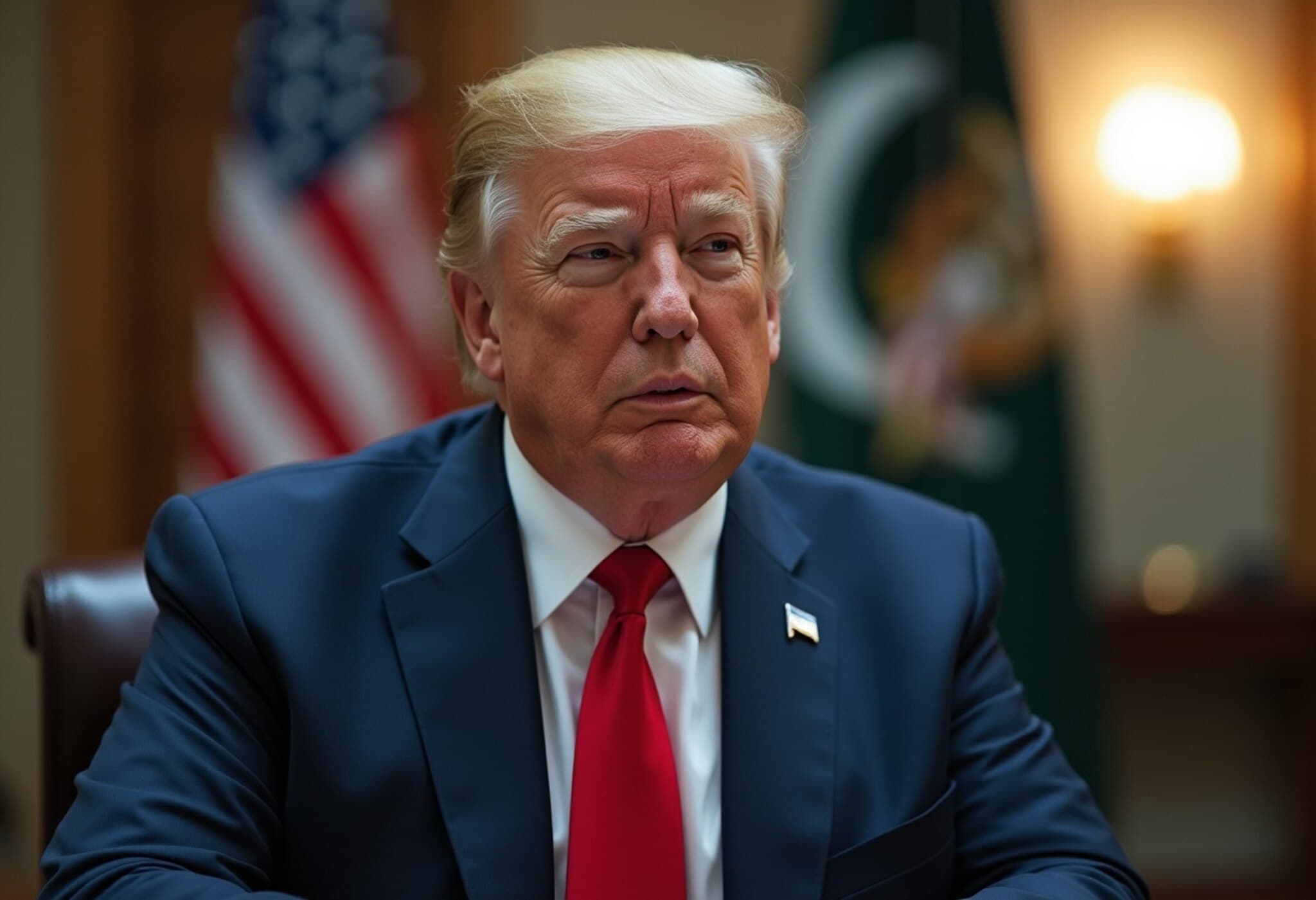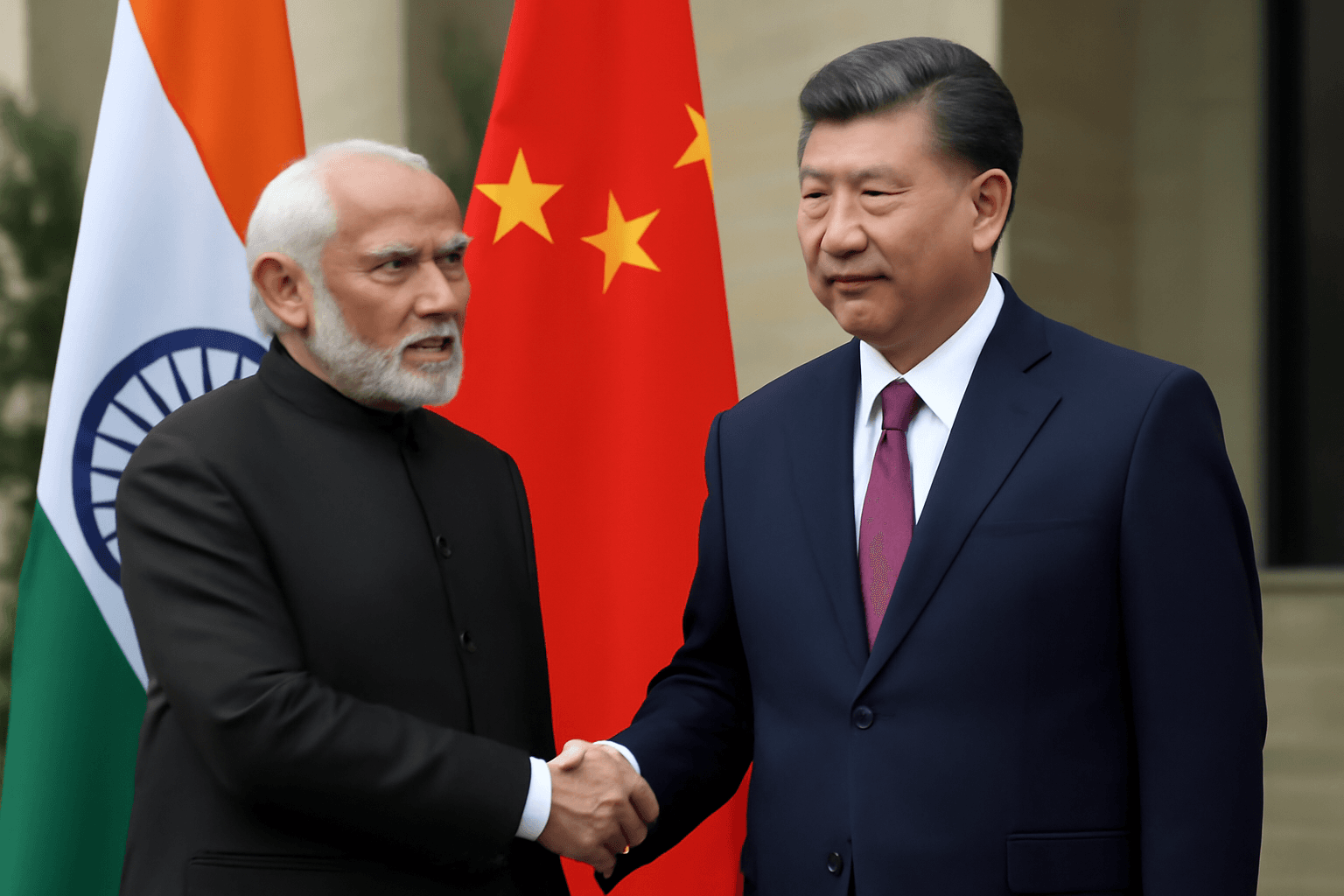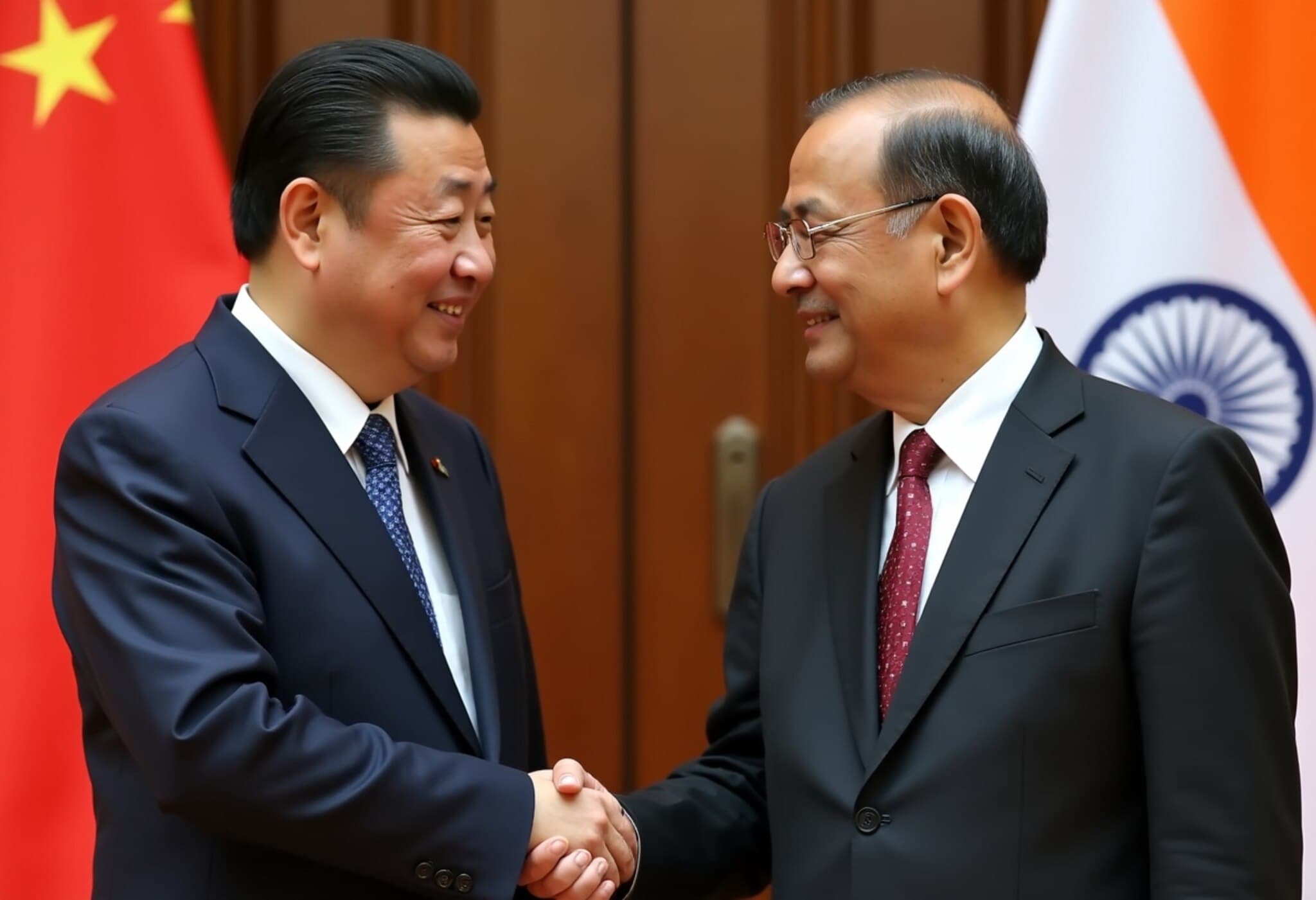Chinese Foreign Minister Wang Yi to Engage in High-Stakes Talks with India's NSA Ajit Doval
Next week marks a significant diplomatic moment as Chinese Foreign Minister Wang Yi heads to India for strategic discussions with National Security Advisor (NSA) Ajit Doval. The meeting underlines the ongoing efforts between India and China to manage their complex bilateral relationship amid lingering tensions and competing interests.
Background: Navigating a Fraught Border and Diplomacy
Wang and Doval serve as the special representatives of their respective countries, specifically tasked with managing border issues — one of the most sensitive and contentious aspects of India-China relations. Their dialogue aims to build on last year's partial breakthrough that eased the prolonged standoff in the Ladakh region, where the two sides have maintained a fragile peace after years of clashes.
For context, the India-China border dispute has simmered for decades, flaring into violence most notably in the 2020 Galwan Valley clash, which tragically claimed the lives of 20 Indian soldiers. Since then, diplomatic channels have been cautiously reactivated to prevent further escalations.
Recent Developments and Diplomatic Efforts
This visit is part of a broader push to reset bilateral ties. Earlier this year, India and China sought to establish mechanisms to de-escalate tensions and embark on confidence-building measures along the Line of Actual Control (LAC). Wang Yi's upcoming dialogue with NSA Doval will likely revisit these commitments, exploring fresh avenues for cooperation and conflict management.
This diplomatic overture is further amplified by Prime Minister Narendra Modi’s scheduled engagements with Chinese leadership later this month — the first high-level interaction since the tensions of 2020.
Geopolitical Context: Navigating a Multipolar World
India’s balancing act extends beyond its northern neighbor. Recently, India’s relations with the United States have been tested due to trade tensions, including the imposition of tariffs on Indian goods linked to oil purchases from Russia amidst the ongoing geopolitical conflicts. Against this backdrop, India is engaging China and Russia more actively, seeking to maintain its strategic autonomy amid shifting global alliances.
Ongoing Challenges: Beyond Diplomatic Niceties
Despite gestures towards dialogue, India-China relations remain fraught with distrust. China’s continued support for Pakistan's military and diplomatic stance against India exacerbates tensions. Military officials like Lieutenant General Rahul R Singh have highlighted the complexity of facing “one border and two adversaries,” emphasizing China’s material support to Pakistan, which includes supplying the majority of its military hardware.
Moreover, China’s strategic moves to undercut India’s manufacturing growth and its attempts to dissuade foreign companies from relocating to India add economic dimensions to the rivalry, underscoring that the years ahead will demand more than just diplomatic conversations.
What to Watch for Next
- Outcomes of the Wang Yi–Ajit Doval talks concerning border dispute management and confidence-building.
- Impact of resumed high-level diplomatic engagements, including PM Modi's forthcoming meetings.
- Broader regional implications, especially how India navigates its triadic relationships with China, Russia, and the US.
- Economic ramifications related to China's trade policies and India’s manufacturing ambitions.
Expert Insight
Policy analysts note that while such talks seldom yield immediate breakthroughs, sustained dialogue serves as a critical pressure valve to prevent conflict escalation. The symbolic importance of these meetings should not be underestimated in the context of Asian geopolitical stability.
Furthermore, India’s strategic posture reflects a desire to diversify partnerships and reduce dependence on traditional allies, illustrating the nuanced dance of diplomacy in an increasingly multipolar world.
Editor’s Note
The renewed diplomatic engagement between China and India arrives at a precarious juncture—balancing decades of historical grievances with pragmatic necessities. As both countries tread carefully towards dialogue, observers must remain attentive to the subtle undercurrents that shape these negotiations, including military posturing and economic competition. Ultimately, the ability of Wang Yi and Ajit Doval to advance trust and concrete solutions could influence not only regional peace but the broader architecture of global strategic alliances.


